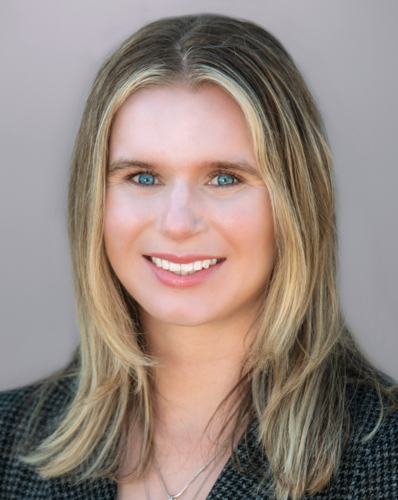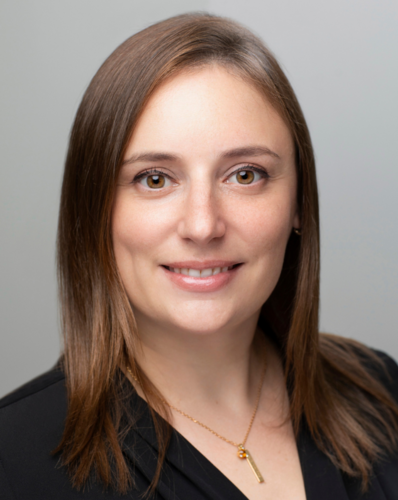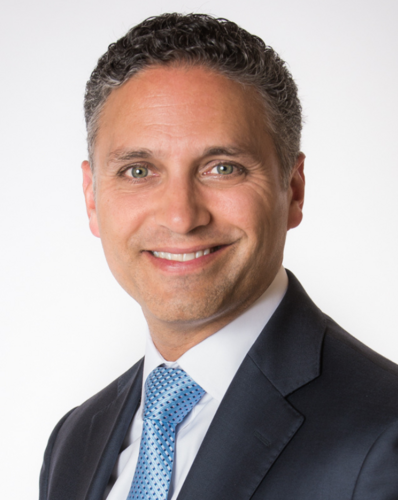City and County of San Francisco v. Environmental Protection Agency: Supreme Court to Decide the Limits of National Pollutant Discharge Elimination System Permits
June 27, 2024 |
Client Alerts
On May 28, 2024, the Supreme Court announced that it would review a Clean Water Act (CWA) case brought by the City of San Francisco (“San Francisco” or “the City”) against the U.S. Environmental Protection Agency (EPA). The Court will decide whether the CWA authorizes EPA to “impose generic prohibitions in National Pollutant Discharge Elimination System permits that subject permit-holders to enforcement for violating water quality standards without identifying specific limits to which their discharges must conform.”
The CWA prohibits the discharge of any pollutant from a point source into waters of the United States without a National Pollutant Discharge Elimination System (NPDES) permit. 33 U.S.C. §§ 1311(a)-(b), 1342(a). To protect water quality, when issuing an NPDES permit, EPA (or the state or tribal permitting authority, if EPA has delegated such authority to a state or tribe) prescribes conditions and imposes effluent limitations in the permits to ensure that the discharge will not cause the receiving waters to violate water quality standards. Effluent limitations are defined as “any restriction imposed on…quantities, discharge rates, and concentrations of pollutants which are discharged from point sources into waters of the United States.” 40 C.F.R. § 122.2. Water quality standards are benchmarks that are set to protect a body of water’s “designated use.” 40 C.F.R. § 131.3(i). The CWA requires EPA, states, and tribes to classify bodies of water based on their designated use – e.g., swimming, fishing, and water supply – and set water quality standards for that given use. 33 U.S.C. § 1313(c)(2)(A).
In 2019, EPA (jointly with the California Regional Water Quality Control Board for the San Francisco Bay Region) issued an NPDES permit to San Francisco, allowing the City to discharge into the Pacific Ocean from its Oceanside sewer system and treatment facility. The NPDES permit included “narrative limitations” that prohibit discharges that “cause or contribute to a violation of any applicable water quality standard” and bar the creation of “pollution, contamination, or nuisance.”
San Francisco has challenged the permit, claiming that the “narrative” limitations are vague and, because they are not explicitly defined, make it vulnerable to enforcement proceedings based on whether the Pacific Ocean meets water quality standards – something over which the Oceanside sewer system and treatment facility has little control. Months after the City filed its petition for certiorari with the Supreme Court, EPA sued San Francisco for failure to “operate its combined sewer system in a manner that keeps untreated sewage out of San Francisco Bay” and nearby waters.
In July 2023, the Ninth Circuit Court of Appeals rejected San Francisco’s argument, finding instead that the narrative limitations on the NPDES permit ensure that discharges comply with other applicable water quality standards in the state and are protective of other limitations that are not addressed specifically elsewhere in the permit.
San Francisco appealed this decision to the Supreme Court, citing a conflicting 2015 opinion issued by the Second Circuit Court of Appeals and the Supreme Court’s 1994 opinion – PUD No. 1 of Jefferson County v. Washington Department of Ecology – holding that limitations for meeting water quality standards must be expressed as specific compliance requirements derived from the water quality standard that they protect.
A finding by the Supreme Court that EPA impermissibly placed “narrative limitations” on San Francisco’s NPDES permit could call into question similar narrative limitations in current NPDES permits and impact how effluent limitations and conditions are set on future NPDES permits throughout the country.
For questions regarding this Client Alert, please contact Lippes Mathias’ Environment & Energy Practice Team Leader Ian Shavitz at ishavitz@lippes.com, Christina Bonanni at cbonanni@lippes.com, or Madelyn VanDorpe at mvandorpe@lippes.com.
Related Team
Related Content

Press Releases
Lippes Mathias Announces New Office Leaders Across Established National Footprint
December 10, 2025


Client Alerts
Phase I Environmental Site Assessment: Legal Protections, CERCLA Defenses, and Developer Benefits
September 29, 2025


Client Alerts
North Carolina and Georgia Courts Expand Liability for Developers in Stormwater Runoff Disputes
September 23, 2025


Client Alerts
EPA Withdraws Proposed Rule to Implement Federal Water Quality Standards on Tribal Lands
January 27, 2025

TAGS
ENVIRONMENT & ENERGY
PRACTICE TEAMS
ENVIRONMENT & ENERGY





